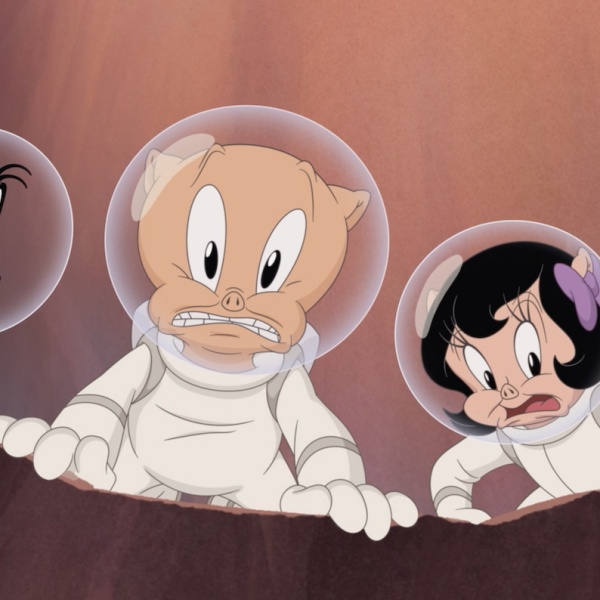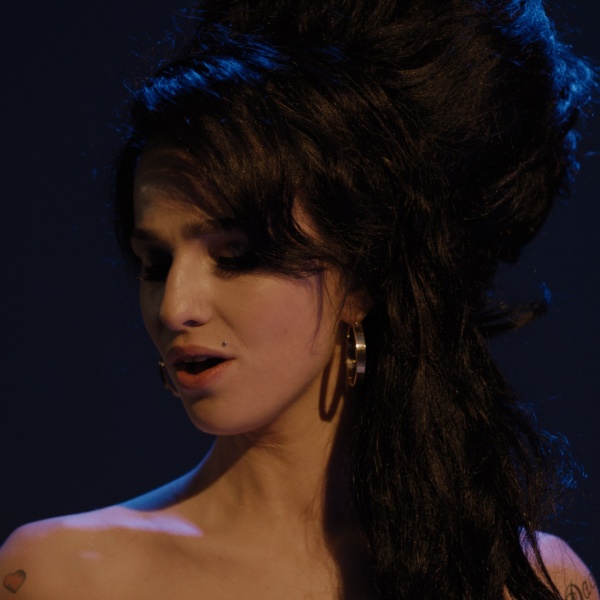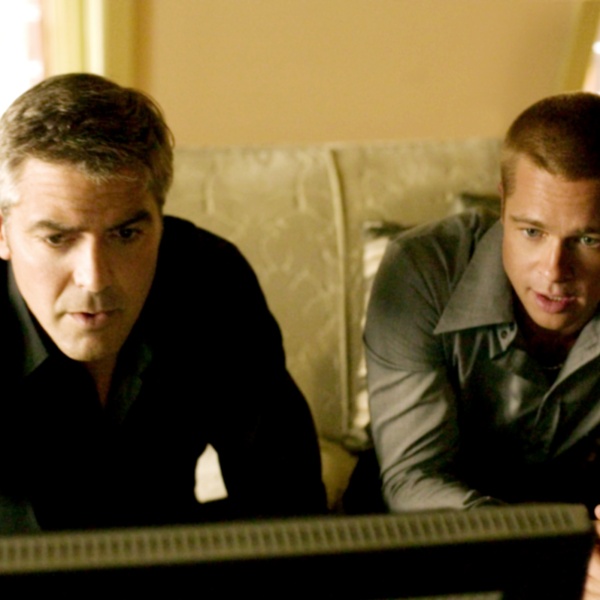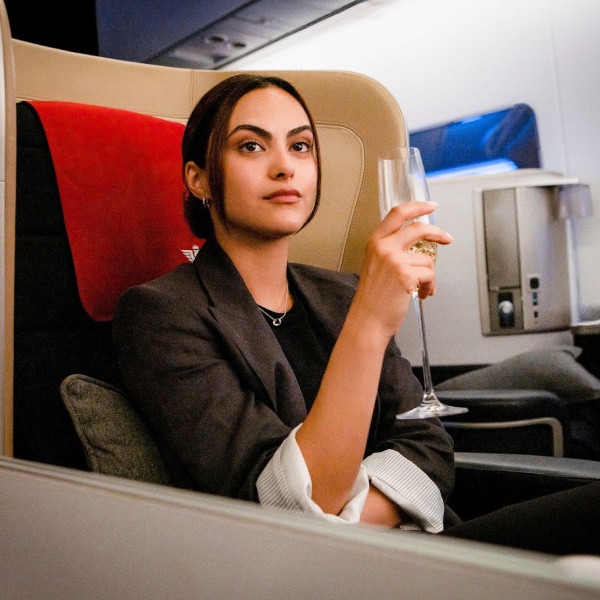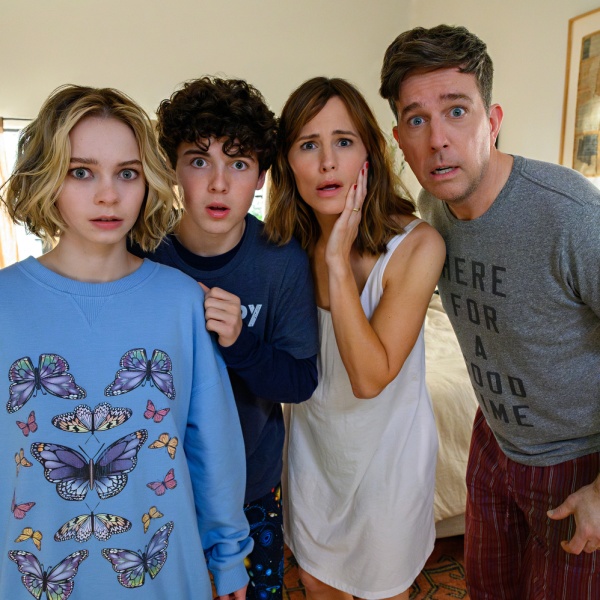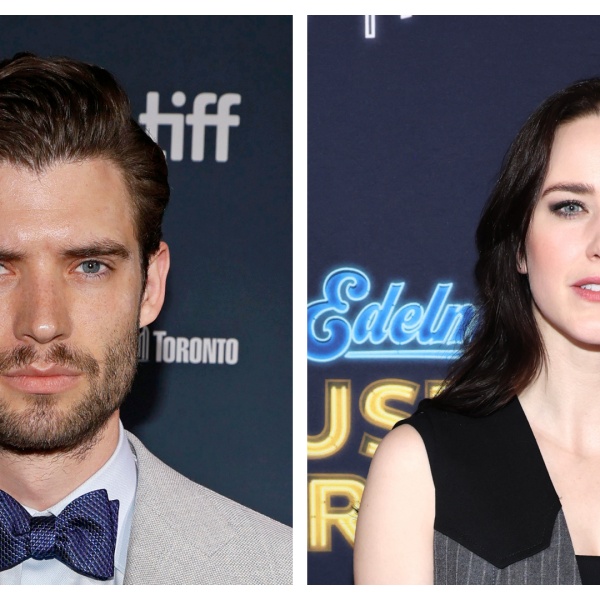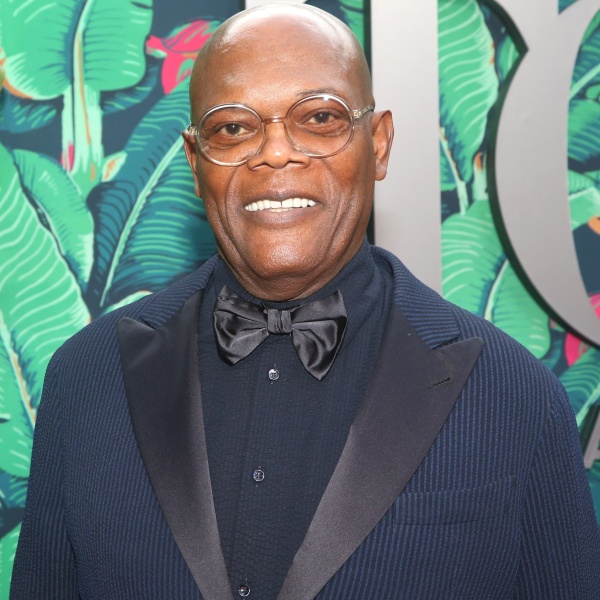Says ‘Oldboy’ A Work Of “Genius,” Cites Robert Bresson’s ‘Pickpocket’ As An Inspiration & Is Totally Bored When Shooting Blue Screen

This weekend, there will really be nothing quite like “Hanna” in theaters. Oh sure, there’s “Sucker Punch“, another film about ass-kicking girls, but it lacks the kinetic energy of Joe Wright‘s film, which features a cast led by Saoirse Ronan and co-starring Eric Bana and Cate Blanchett through some dynamic action set pieces in the film about Hanna — a girl who also happens to be a highly trained assassin — who is on the run from the CIA.
We talked with the director this week about the film, and always an engaging, forthright, humorous and candid speaker, he talked at length about “Hanna,” his approach to the ass-kicking scenes and influences that are as disparate as Park Chan-wook, Robert Bresson and David Lynch.
The Playlist: What brought you on board “Hanna,” since it’s so different from your previous work?
Joe Wright: Saoirse Bloody Ronan brought me on board “Hanna.” Literally. She had been sent the script and Focus was talking to her and there was no director on board and she suggested me; a kind of extraordinary turning of the tables. And I’m grateful to her. Although I wasn’t so grateful when I was in Finland at -29 degrees standing in front of a dead reindeer. I cursed her.
And what was your approach to the action sequences?
Well, I tried not to make the action some big deal because I was terrified of it. I tried to pretend that the action was just an extension of movement and was kind of like dance. And I had done some dance stuff before, so I had a sense that that would be okay. And I really learned on the job, which was a steep learning curve, but I loved it. I loved doing action.
So would you do another action movie?
As long as it doesn’t involve doing blue screen. I really hate doing blue screen.
Did you have to do any blue screen with this?
A bit, maybe a couple of days, but it was sooooo boring. There’s no point in being a filmmaker if you’re just standing there with a load of blokes and a blue screen and an actor who doesn’t know what they’re doing. It’s really boring. If that’s the future of film, I don’t want to be any part of it.
It might be…
[cringing] I know.
Were there any action directors you were emulating or wanted to pay homage to?
You know, “Oldboy” is obviously a work of towering genius. But really I was looking at non-action directors, like Robert Bresson‘s “Pickpocket,” for instance, has the choreography of those characters working through the train station picking everybody’s pockets. Those types of moments, which I consider action because there’s no dialogue and it’s all about physicality and yet it’s not kind of punch-pow stuff. I love what Paul Greengrass did with the ‘Bourne‘ films but I was very aware that they had been imitated a lot by lesser directors and I really didn’t want to join that line. I guess I was influenced by that film in that I didn’t want to do it like that.
You said you tried to get in touch with Greengrass, what were you trying to get out of that conversation?
Reassurance, probably. I was terrified. And also I did want to work with the fight choreographer from those films, Jeff Imada, and I wanted to talk to him about Jeff. Paul is a wonderful figure within the British film industry, he’s very very supportive of other directors and a great chap.
You’re very well known for your editorial style, what was your intent, editorially, with “Hanna?”
I quite liked the idea of keeping the audience on the edge of their seats. I didn’t want an audience to ever be able to settle. Someone in a Q&A [following an NYC screening] last night complained, and this is a woman in her late 50s, that she wasn’t able to relax. And I was quite pleased by that complaint because it was exactly what I wanted. It’s a thriller for fuck’s sake, you don’t want people to relax. And I quite liked the kind of disorientating atmosphere, really. Not necessarily handing everything to the audience on a plate, by which I mean you don’t need a wide establishing shot at the beginning of every scene, and get on with the story, get on with the drama.
And it seems quite plot-y – nothing ever lingers for too long because it’s off to something else.
Yes, exactly, it was fun playing with that balance between plot and magic. And I tried to take as much of the plot out as possible. I didn’t want it to be a kind of procedural drama film thriller. In the same way that David Lynch does, he takes stuff out. It makes the audience participate in terms of their imagination.
And you say that Lynch is an inspiration for this film…
Very much so.
What specifically did you take from his work?
In a way, there are two things that I really love about David Lynch. Firstly, I think he’s a supreme director of actors. And I feel like that’s something that people don’t really look at with his films because there’s so much other stuff that’s extraordinary about him. But that kind of high contrast… There’s nothing naturalistic about the performances that he gets – they’re very heightened and very committed. And I kind of love that about the performances. And that’s something I admire. And also there’s something quite mystical about his films, by which I mean there’s something beyond rational appreciation. You can’t really reason with them and you shouldn’t even try. That’s not their point. And I really love that mysticism.
What was your approach to the score and what was working with the Chemical Brothers like?
It was a fucking dream. I’ve known them for a long time. I went to their first-ever London DJ gig in 1992, which proves that we’re all getting middle aged. But somehow they still feel incredibly bold and modern and fresh. And they were really excited about the opportunity with investing the film and challenging their craft. I didn’t say, “You could put some guitars here,” but there was an element of taking them on the process of responding to the drama. A score is obviously very different from a song or an album, so it was really about how they responded to the drama. And I really enjoyed the idea that there is no division between music and sound effects and they were really the same thing. So the sound effects editor took some of their music and turned it into the sound effects and they took some of the sound effects and turned it into music. So it was a very symbiotic approach.
Did that affect your editing at all?
Yeah, they were sending music tracks to the cutting room. We would cut the film to the music, or sometimes we would cut the music up a bit and send it back to them and they’d work on that and send it back to us. So there was a constant dialogue happening between sound and image, rather than doing a final cut and then sending it to a composer. So by the time we had our final cut we had our final score.
You’ve talked about “Hanna” being a fairy tale, can you elaborate on that idea?
Well, it’s funny – when we embarked on this movie the idea of having a young teenage assassin girl, there weren’t many films like that, the closest film was probably “The Professional.” And there also weren’t any fairy tales being made. So I thought I was being incredibly original and very exciting and suddenly, “Kick-Ass” came out and “Red Riding Hood.” But for me the fairy tale is something that is very much a part of my internal life. My parents ran a puppet theater when I was a kid so throughout my childhood, I would watch the puppet show and these fairy tales and they’ve seemed somehow into my subconscious and worldview. And I wanted the film to exist on a surreal, dreamlike plane that isn’t quite of this terrestrial earth. And I found that the fairy tales were a good portal for which to enter the subconscious, in the same way that Jung’s archetypes do.
Was the fairy tale amusement park in the script or something you brought to it?
That’s something I brought to it, because when we first went to Berlin, we found it. My sister was a kind of punk anarchist in the late ’80s when the wall came down and used to squat in Berlin and used to host the occasional illegal rave in that amusement park. It used to be one of the biggest family attractions in Berlin before the wall came down and then after the wall came down I guess people discovering going shopping, so it was reclaimed by nature.
What about “Indian Summer?” Does that have any chance of coming back? [It was a project about the end of British rule in India that was delayed in 2009.]
Well, the problem with “Indian Summer” is that it’s a disputed love story. And Universal Studios obviously wanted it to be a proper love story but the Indian government, because it depicts their first prime minister having an affair with a white woman. In fact, the last viceroy of India wouldn’t give us permission to film there if it was a straight love story. So we kind of got stuck in between a rock and a hard place with that one. So either the studio shifts or the Indian government shifts or we just do something else.
And that was Hugh Grant right?
No, it wasn’t Hugh Grant. It was Cate Blanchett [as Lady Mountbatten] and I didn’t have [British viceroy Louis Dickie] Mountbatten cast yet. Hugh Grant was someone who we were certainly thinking about. But Cate was the only cast member in place. Which is kind of why, when that film didn’t happen, I already had a line of communication with Cate, so that’s how she appeared in this.
Would you want to do another “Hanna?”
Maybe. I love the character. And I feel slightly late – like I was just hitting my stride and then I had to stop. I feel like I could make a better “Hanna.” So I’m tempted to. But if there’s an audience. We’ll see this weekend, because if there’s not an audience the studio sure as shit isn’t going to commission another one – money, money, money, money!
So want more Saoirse Ronan kicking ass and taking names? Go see “Hanna” when it opens Friday, April 8th.
